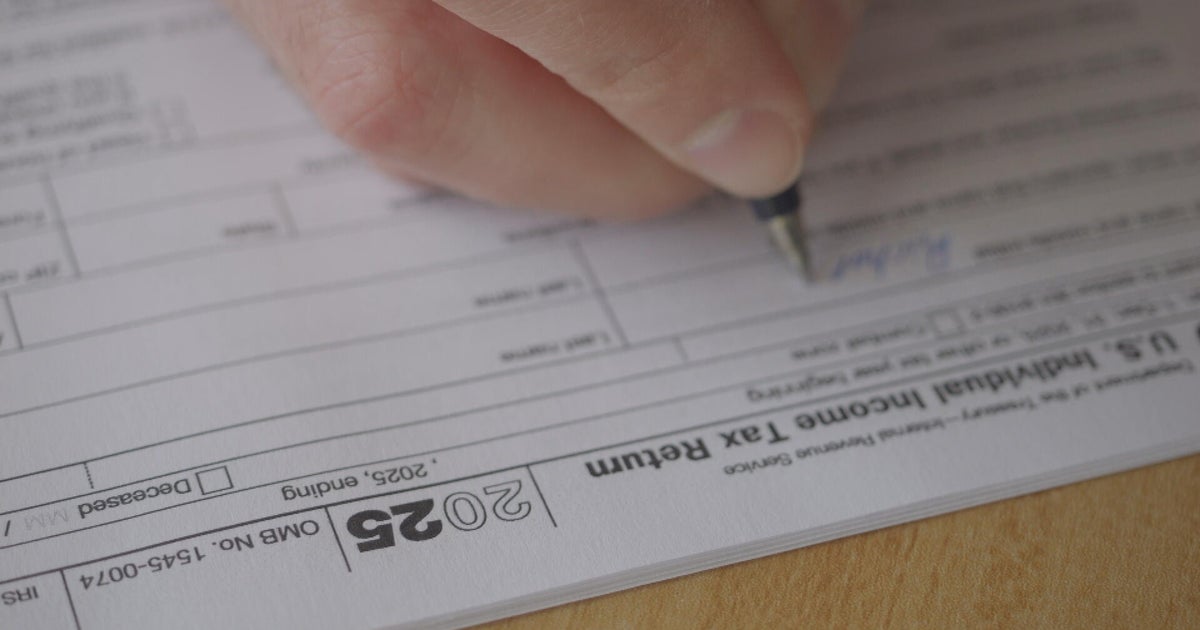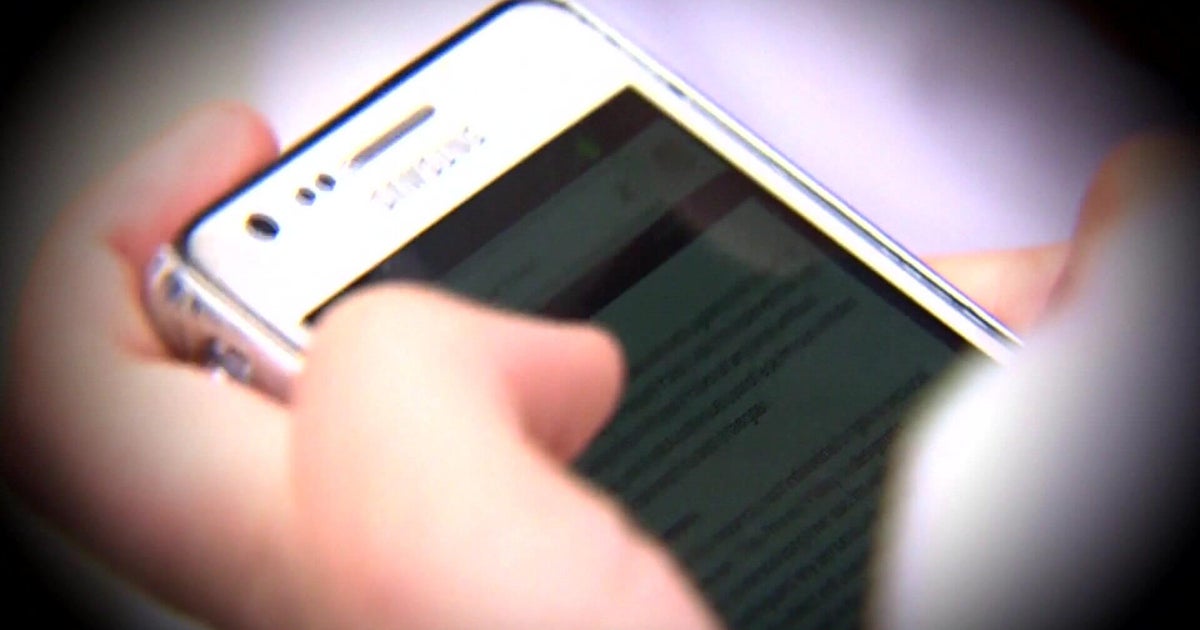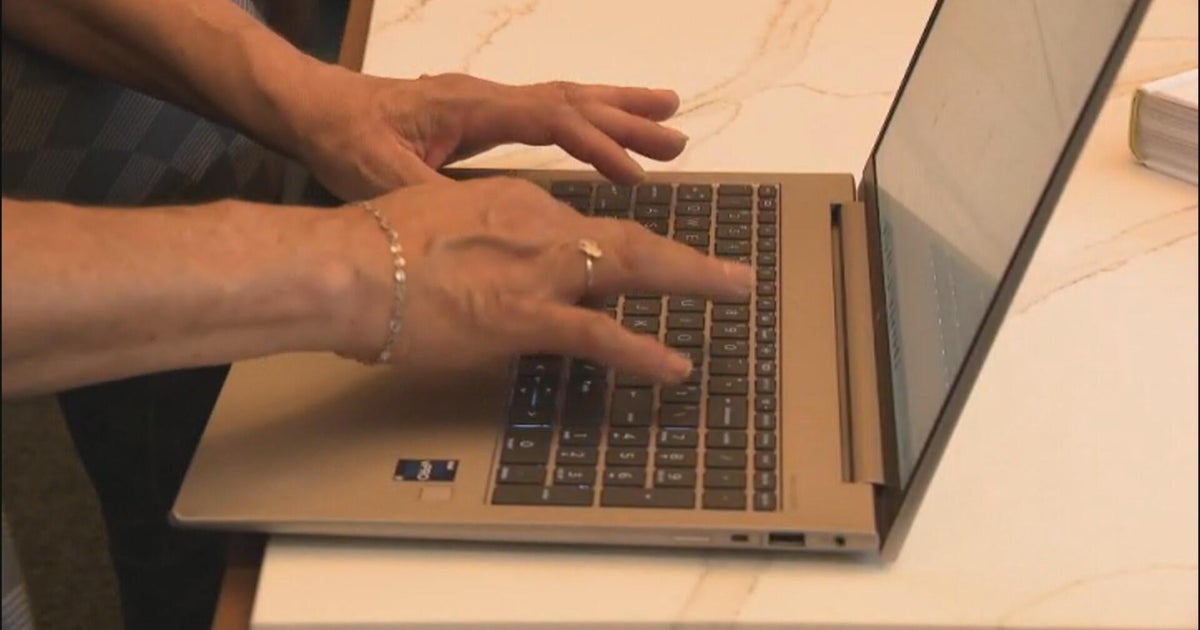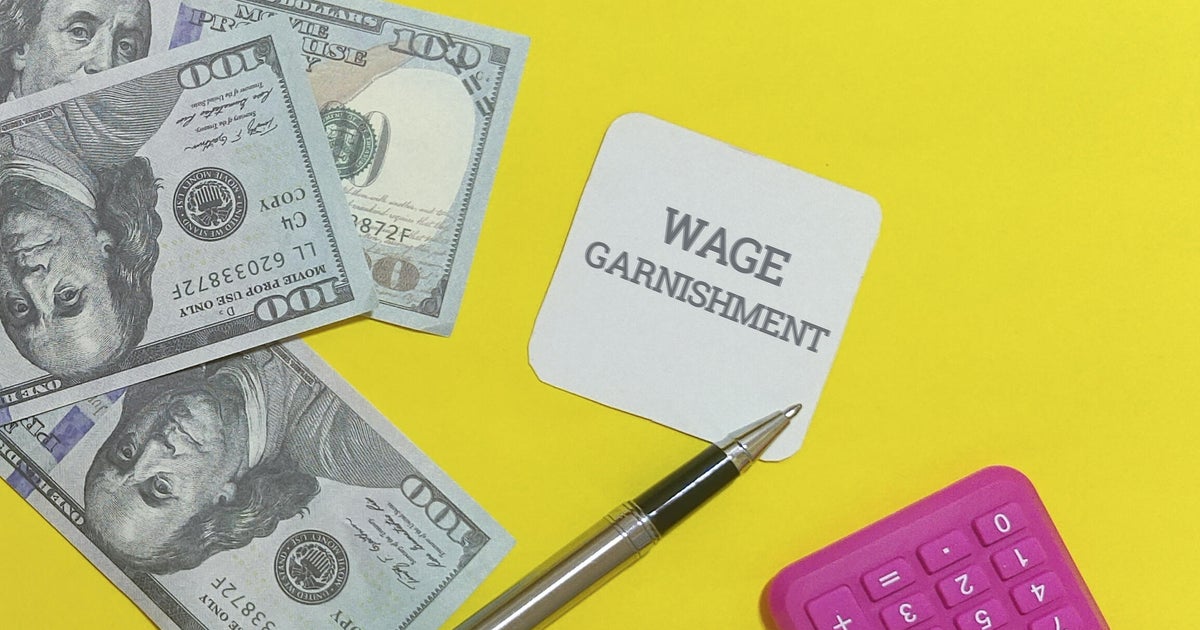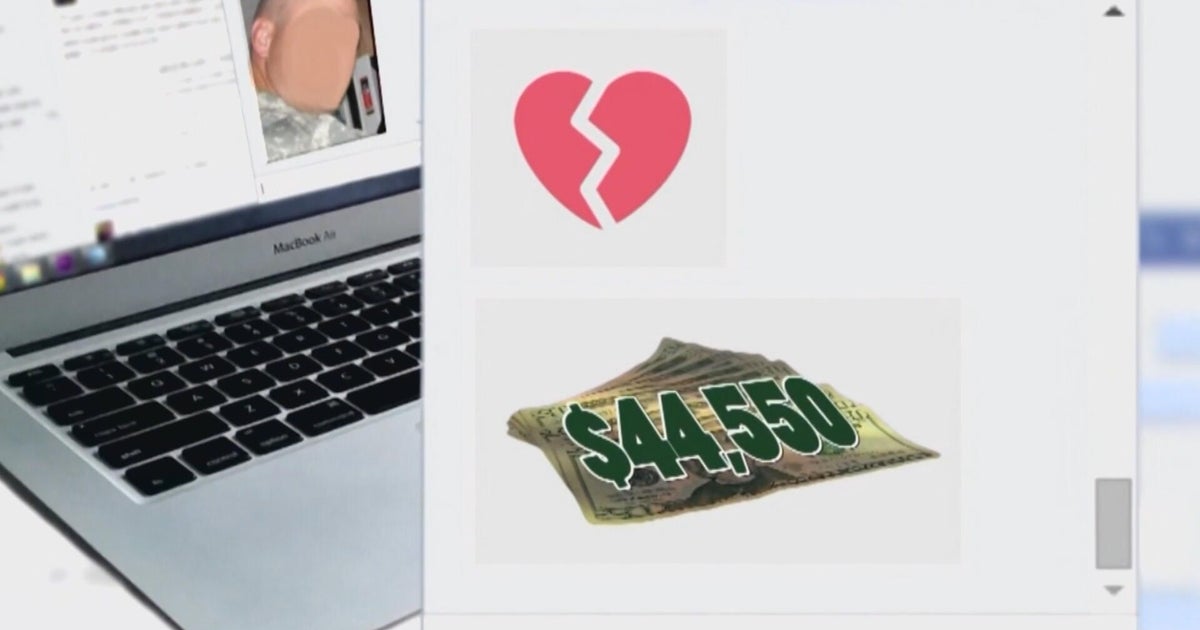Cuomo Issues Warning Against Tax Refund Scams As Filing Season Begins
NEW YORK (CBSNewYork) - It's that time of year again.
The changes recently passed by Congress won't impact 2017 tax returns, even though workers should start seeing a difference in their paycheck by the end of February.
New York Gov. Andrew Cuomo warned taxpayers against various tax scams now that filing season has begun.
Cuomo urged caution against "instant refunds" and "no up-front cost" tax preparation.
"I urge all New Yorkers to be extra cautious and wary of the promises made by these dishonest tax preparers," Cuomo said. "Many of these 'too good to be true' offers are just that, masking increased costs and hidden fees that will do nothing to speed up your return."
The New York State Department of Tax has opened sites that offer free tax assistance across the state. To get a full list, click here.
Taxpayers with household incomes of $66,000 or less can get free e-filing software by clicking here and searching "FreeFile2017".
Here are additional tips to avoid tax scams, as provided by the governor's office:
Tips to Avoid Tax Scams
- Don't be fooled by threatening phone calls. Thieves posing as IRS agents use high-pressure tactics to prey on taxpayers. Only give your personal information, including your social security number, to someone you trust. Remember, the NYS Tax Department and the IRS will always send you a letter before contacting you by phone or email.
- Beware of phishing emails. Taxpayers are receiving emails with the IRS logo offering assistance in settling fake tax issues. The NYS Tax Department and IRS will never request personal or financial information by email.
- Avoid identity theft. Your tax return contains an abundance of personal information, including your social security number. To prevent your sensitive information from being compromised, provide it only to a tax preparer you trust and regularly monitor your bank account for suspicious activity.
- Question inflated refund claims. Beware if your tax preparer offers you an inflated refund, especially if he or she hasn't even looked at your information yet. You should also be wary of paying fees based on a percentage of the refund.
Know your rights
Despite the free options available, approximately 70 percent of all New York taxpayers still decide to use a paid tax preparer. If you decide to hire a preparer:
Read the fine print. Make sure you understand how you will receive your refund, including bank account information.
Ask for a written disclosure. Preparers are required by law to provide a written disclosure statement explaining that you're not required to take a refund anticipation check or refund anticipation loan to receive your refund. They must also disclose the amount of fees you'll have to pay.
Ask for a fee schedule. This should clearly state all tax preparation and third-party fees. For example, some refund transfer fees are almost $45 on top of the cost of hiring a preparer. Also, by law, preparers cannot charge to e-file in NYS. Hidden fees can be labeled as:
- document prep fee
- transmission fee
- disbursement fee
- service bureau fee
- software fee
- technology fee
- data and document storage fee
Have your refund electronically deposited into your bank account. A refund should never be deposited into a preparer's bank account. The safest way to receive any refund is to have it directly deposited into your bank account.
Beware of prepaid cards or gift cards. Some preparers offer to put all or some of your refund on a prepaid card. Ask for a listing of all fees associated with using the card.
Get a copy of your tax returns. Review the information on your return and ask questions before it's filed. You are legally responsible for what's reported on your return.
